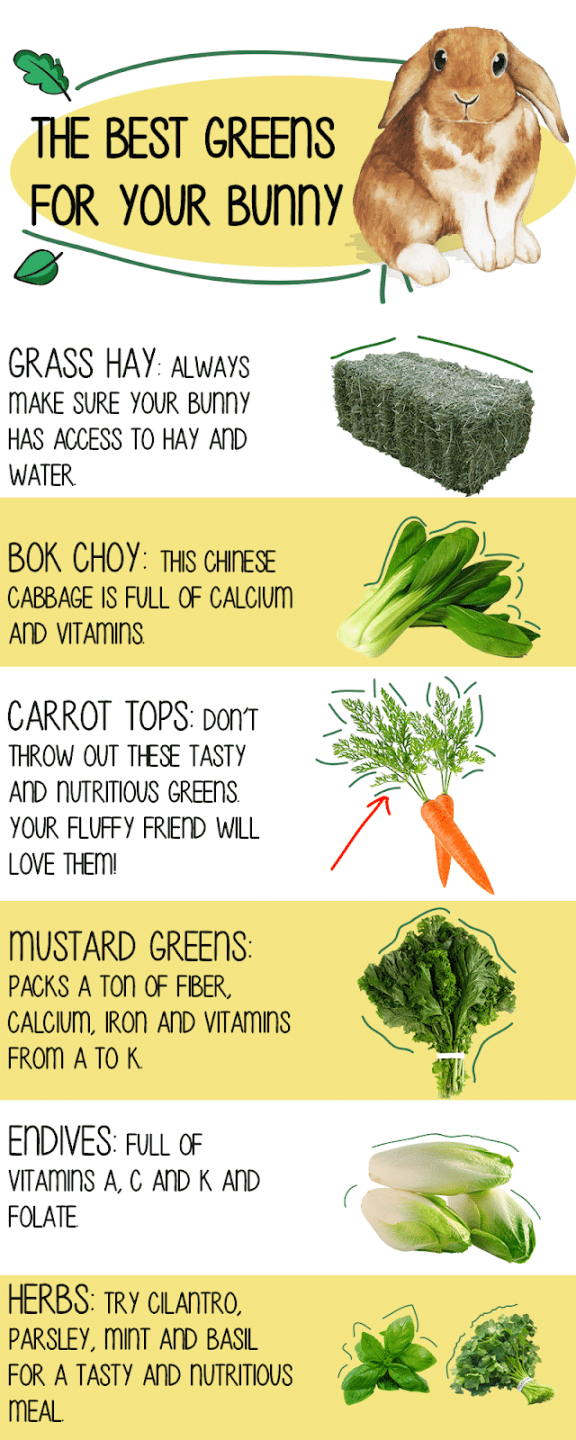What Can Rabbits Eat Daily?
Feeding your pet rabbit a healthy and balanced diet is crucial for its overall well-being and longevity. While rabbits are herbivores and mainly consume hay and grass, they also require additional fresh foods to meet their nutritional needs. In this article, we will discuss what rabbits can eat daily to ensure they receive the right balance of nutrients.

Hay and Grass
Hay is the foundation of a rabbit’s diet and should be available to them at all times. It is an essential source of fiber that aids in proper digestion and dental health. Good quality grass hay, such as timothy hay or orchard grass, is highly recommended. Avoid feeding rabbits too much alfalfa hay, as it is rich in calcium and can lead to urinary problems in adult rabbits.
In addition to hay, fresh grass is an excellent natural food source for rabbits. If you have a safe and pesticide-free area for your rabbit to roam, allowing them to graze on fresh grass can provide them with additional nutrients and mental stimulation.
Leafy Greens
Leafy greens should make up a significant portion of a rabbit’s daily diet. These are rich in vitamins, minerals, and antioxidants that contribute to their overall health. Here are some safe leafy greens you can offer your rabbit:
- Arugula
- Bok choy
- Broccoli leaves (in moderation)
- Celery leaves
- Kale
- Romaine lettuce
- Spinach (in moderation)
Remember to introduce new leafy greens gradually, as sudden changes in diet can upset their delicate digestive system. Start with small amounts and observe how your rabbit reacts before increasing the portion size.
Fresh Vegetables
Alongside leafy greens, rabbits can benefit from a variety of fresh vegetables. These provide additional nutrients and hydration. Here are some vegetables you can include in your rabbit’s daily diet:
- Bell peppers (red, green, or yellow)
- Carrots (in moderation due to high sugar content)
- Cucumbers
- Zucchini
- Parsley
- Dill
- Cilantro
- Radishes (including tops)
Ensure vegetables are thoroughly washed before feeding them to your rabbit to remove any pesticides or dirt. It’s also essential to feed a variety of vegetables to ensure your rabbit receives a range of nutrients.
Safe Fruits
While fruits are not a necessary part of a rabbit’s diet, they can be given as occasional treats due to their higher sugar content. It is important to feed fruits in moderation to prevent weight gain and digestive issues. Safe fruits for rabbits include:
- Apples (remove seeds and core)
- Berries (strawberries, raspberries, blueberries)
- Bananas (in small amounts)
- Melon (remove seeds and rind)
- Papaya
Remember to introduce fruits slowly and monitor your rabbit’s reaction. Excessive consumption of fruits can lead to gastrointestinal problems.
FAQs
1. Can rabbits eat bread?
No, rabbits should not be fed bread as it is high in carbohydrates and low in fiber. Bread can lead to digestive issues and obesity in rabbits. Stick to a diet primarily consisting of hay, grass, leafy greens, and fresh vegetables.
2. Are tomatoes safe for rabbits?
Tomatoes should be given to rabbits in moderation, as the leaves and stems of tomato plants contain a toxic substance called solanine. Only feed the ripe fruit part of the tomato in small amounts, as it is high in sugar.
3. Can rabbits eat celery?
Yes, rabbits can eat celery leaves, but the stalks should be given sparingly due to their high water content. Celery can be a healthy occasional treat, but it should not make up a significant part of their diet.
4. Is it safe to feed rabbits grapes?
Grapes should be fed to rabbits in moderation as an occasional treat. While some rabbits enjoy grapes, they are high in sugar and should not be a staple part of their diet. Remove any seeds and feed in small quantities.
In conclusion, a rabbit’s diet should primarily consist of hay and grass, with a variety of leafy greens and fresh vegetables. Fruits can be given as occasional treats in moderation. It is important to introduce new foods gradually, monitor their reaction, and ensure a balanced and nutritious diet to keep your rabbit healthy and happy.
Related Articles…
Copyright Notice:
The images displayed here are sourced from the internet, with copyrights held by respective owners. For removal of any copyrighted image, please email us.